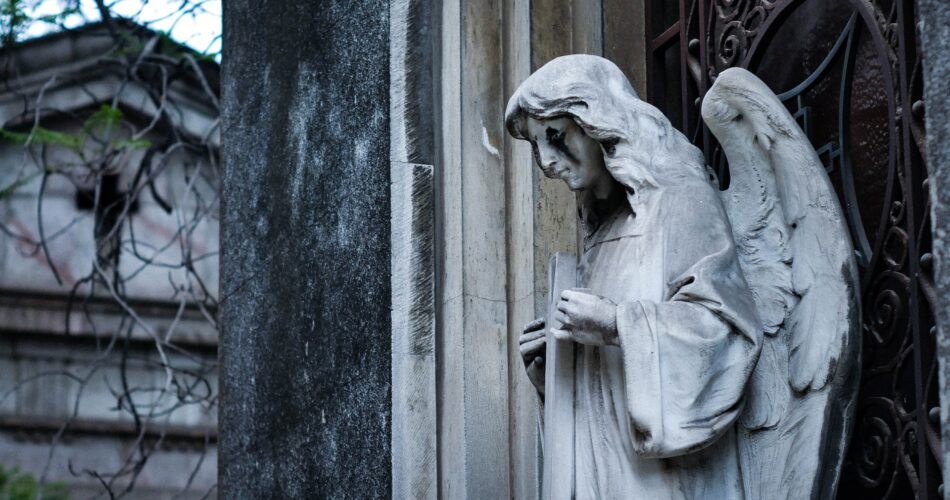This needs to be taken down.
A controversial satanic exhibit in the Iowa State Capitol has ignited debates among Republican state lawmakers over the legal implications of allowing such displays on state property. The exhibit, organized by The Satanic Temple of Iowa, features an altar with a silver ram’s head on a mannequin wearing a red cape, surrounded by candles, flowers, and an inverted pentagram. While some lawmakers, such as Republican and Christian pastor Jon Dunwell, express personal disagreement with the display, they advocate for allowing free expression without government interference. Dunwell argues against government arbitrating appropriate religious expression and emphasizes the potential dangers of imposing restrictions on freedom.
In contrast, Republican state Rep. Brad Sherman, also a pastor, takes a different stance, suggesting potential legal recourse to prohibit satanic displays on state-owned property. He cites the Iowa State Constitution’s preamble, which acknowledges a belief in a “Supreme Being,” and argues that treating Satan and God’s expressions equally is “twisted and tortured.” Sherman calls on Republican Iowa Gov. Kim Reynolds to remove the display and proposes legislation prohibiting satanic exhibits on state property while allowing for the display of the Ten Commandments.
Some scholars and commentators, like Andrew T. Walker from The Southern Baptist Theological Seminary, support Sherman’s perspective, emphasizing potential limits to constitutional freedom. Walker argues that constitutional rights are not absolute and raises questions about whether satanism qualifies as a traditionally understood religion, serves a civic and moral good, or advances a prurient purpose. He contends that satanic displays, celebrating evil and darkness, should not be permitted in government buildings.
The co-founder of The Satanic Temple, Lucien Greaves, asserts that their display is not intended to insult Christians and emphasizes the importance of preventing the government from selectively approving religious expressions. Greaves argues for respecting diverse forms of religious expression without government interference. The controversy echoes previous instances, such as satanic mockeries of Nativity scenes in neighboring states, prompting ongoing discussions about the boundaries of free speech and religious expression in public spaces.
